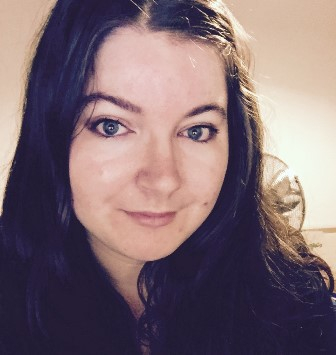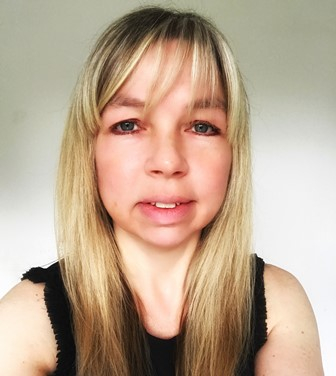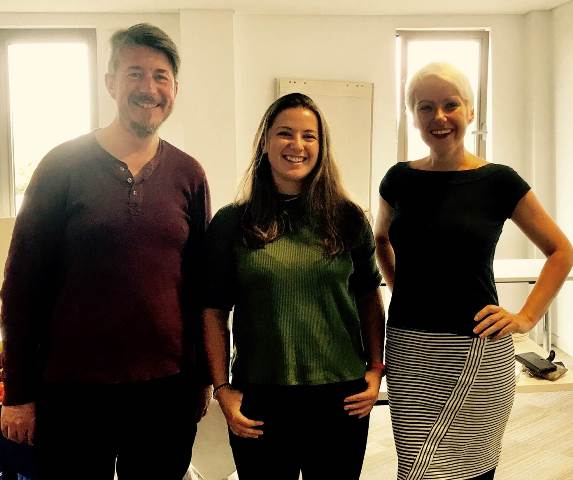Little fish crosses the big pond to the International Meeting for Autism Research 2017
Maggi Laurie, 1st year PhD student at Development Autism Research Technology Group, University of Edinburgh
The International Society for Autism Research (INSAR) is a network of academics and researchers, who meet annually to share cutting-edge findings with other autism researchers. In May this year the meeting (IMFAR) [1] was held in San Francisco, California, and I was very fortunate to attend for the first time.
The IMFAR conference is huge, with a jam-packed schedule from 7am until 7pm, and more presentations and discussions than it is physically possible to attend. There are poster sessions and clusters of short talks around specific themes, as well as keynote speakers and special interest groups. The special interest groups (SIGs) are seminars focused around new or controversial research themes. This year’s SIG themes included ageing, safety on public transport, participation in brain imaging research, and suicidality.
Keynote speakers this year included Professors Pat Levitt, Connie Kasari and Ami Klin, who each gave wonderful speeches about their recent research findings. Levitt discussed the influence of brain circuits and genetics on individual differences in children with autism and other diagnoses. Kasari presented the effect of peer-implemented (rather than teacher or therapist-implemented) support in mainstream classrooms for autistic pupils. Klin (in a beautifully illustrated joint talk with collaborator Dr. Warren Jones) talked about development of social attention in children with and without autism and asked whether, by investigating what infants look at, scientists can predict which children will later receive a diagnosis of autism.
My area of research is technology, so I was straight up at the technology demonstration to play with all the shiny gadgets! There was a good mix of both technology applications (e.g. using technology to reduce sensory overload or support pretend play) and design (i.e. developing new technologies which have been designed by autistic people). There were lots of novel technologies (such as robotics), which will be interesting to follow over the years as these technologies are developed and evaluated in classrooms, at home and in the community.
Whilst IMFAR was an incredible experience, and I got a lot out of attending, there are a few things I would like to see changed in future meetings. The organisation INSAR do make efforts to engage with the autistic community, but I think they can showcase this more to the attendees, and invite autistic and community speakers to host discussions. In an ideal world, I think all conferences about autism should have a language policy (informed by autistic people), interaction cards, and be hosted in autism-friendly venues (whilst 2017 was an improvement on 2016 from reports, it still was not great). Whilst this may be too idealistic to achieve in time for the next conference, I am uplifted by the discussions I had with colleagues and friends about what changes could make the next meeting more community-friendly.
In all, I am grateful for the opportunity to attend IMFAR and I had many insightful conversations with delegates about my research and related topics, including theories of autism, early development, and outcome measures. The biggest thing that I left IMFAR thinking about is how to feedback these discussions to the autistic community (although Twitter was very good for doing this remotely) and other stakeholders, such as teachers, parents and therapists (and I like to think it begins with this article). As a PhD student, the frontline for me is attending an international conference and trying to network with my academic idols, but for the community, the priority is bridging the gap between community and research at all levels.
See the full IMFAR program (free) and find out more about future meetings [2]
References
[1] Since its inception, INSAR’s annual meeting has been called “IMFAR” (the International Meeting for Autism Research), but next year will be re-branded as the “INSAR Annual Meeting”
[2] The next INSAR Annual Meeting will be in Rotterdam, the Netherlands, in May 2018.





